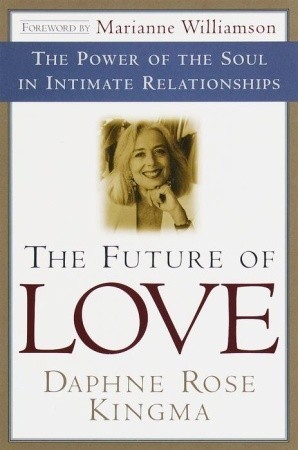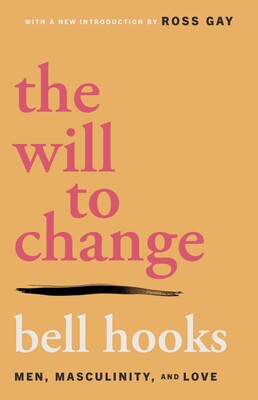
The Maiden King: The Reunion of Masculine and Feminine
Book Description
A deep rift divides the masculine and feminine in today's world, and their reunion holds the key to profound transformation. Robert Bly deftly unravels the tangled threads of modern masculinity and femininity, revealing the wisdom buried within their myths and stories. This exploration uncovers the powerful interplay between nurturing and strength, vulnerability and courage, as they dance through our lives. Each page ignites a spark of understanding, pushing readers to confront their own beliefs and biases. Can the sacred balance between these forces pave the way for healing and wholeness in a fractured society?
Quick Book Summary
"The Maiden King: The Reunion of Masculine and Feminine," co-authored by Robert Bly and Marion Woodman, delves into the psychological and cultural chasm between modern masculinity and femininity. Using a rich Russian fairy tale as a guiding thread, the authors analyze how these polarities have lost their balance in contemporary society. Through mythology, psychology, and personal reflection, Bly uncovers how both men and women suffer when the masculine and feminine elements within them are alienated or unintegrated. The book calls for the rediscovery and honoring of the sacred union between these forces as a means to heal individuals and society. By examining archetypes, confronting cultural biases, and exploring pathways to inner wholeness, "The Maiden King" offers an accessible yet profound roadmap to self-realization, authenticity, and deeper relationships.
Summary of Key Ideas
Table of Contents
The Mythic Foundations of Masculine and Feminine
The narrative begins by illuminating how myths and fairy tales, such as the story of the Maiden King, reveal universal tensions between masculine and feminine energies. Bly and Woodman explore these ancient narratives as templates reflecting internal psychological dynamics and external societal patterns. By decoding mythological symbolism, the book encourages readers to see beyond surface-level gender roles and delve into the deeper meanings these stories hold about creative and destructive forces inherent in all people.
Psychological Effects of Imbalance
Delving into the psychological impact of gender splits, the book details how contemporary men and women both struggle with inherited societal norms that restrict authentic expression. Men may become emotionally numb or disconnected, while women can also lose touch with their assertive or nurturing sides. Bly examines personal and collective wounds—such as emotional repression, cynicism, and idealization—that result from disconnected masculine and feminine elements, framing these struggles as both cultural and intrapsychic phenomena.
Integration Through Archetypes and Story
Central to the book is the use of archetypes—recurring symbols and character types in myth—that represent different aspects of the masculine and feminine psyche. Bly and Woodman emphasize that integration of these aspects within each individual is crucial for psychological health. Through story analysis and psychological insight, they illustrate how confronting the "other" within leads to growth. This means facing our fears, vulnerabilities, and shadow traits, and learning from both softness and strength.
Healing Wounds of Gender and Society
"The Maiden King" also addresses the broader societal consequences of gender imbalance, highlighting the collective need for reconciliation. The authors argue that healing starts with individuals but influences the cultural fabric, affecting relationships, politics, and even the environment. Nurturing dialogues, empathy, and a willingness to challenge ingrained biases are presented as key steps toward mending rifts not only within ourselves but also across communities and generations.
Pathways Toward Reunion and Wholeness
Ultimately, the book proposes pathways for reunion and wholeness, guiding readers toward practices of self-discovery, ritual, and reflection. Bly suggests that by embracing and honoring both masculine and feminine elements within, we foster transformation and deeper purpose in life. The process is ongoing and often challenging but offers profound rewards: personal authenticity, mature relationships, and a renewed sense of meaning in a fragmented world.
Download This Summary
Get a free PDF of this summary instantly — no email required.





